Agroecological practices crucial for farmers to survive climate crisis
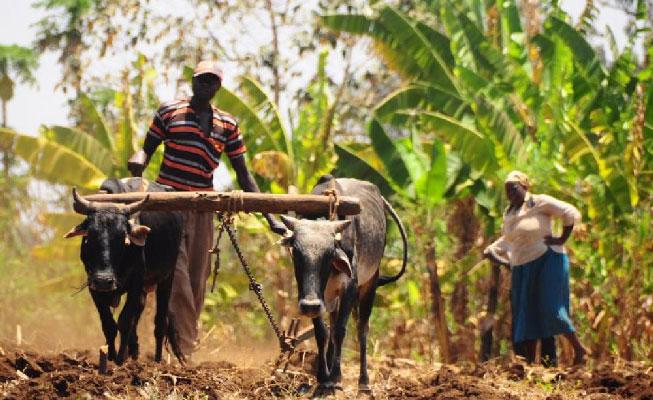
By Francis Maingaila
Lusaka – (27 -01- 2023 – Zambia24) -Agroecological and indigenous practices of food production are crucial for farmers to survive the devastating effects of the climate crisis that compromises the environment and put the entire food security at risk.
A team of over 30 Faith-Based and African Civil Society Organizations, (CSOs) including Zambia Alliance for Agrobiodiversity (ZAAB) issued a communique to African leaders that gathered in Dakar Senegal at a food summit sponsored by the AfDB on 25 January 2023 to seriously find ways of addressing the root causes of the climate crisis including environmental harmful practices associated with the industrial food system that not only use fertilizers but also chemicals that are inimical both to the interests of mankind and nature to promote high yields.
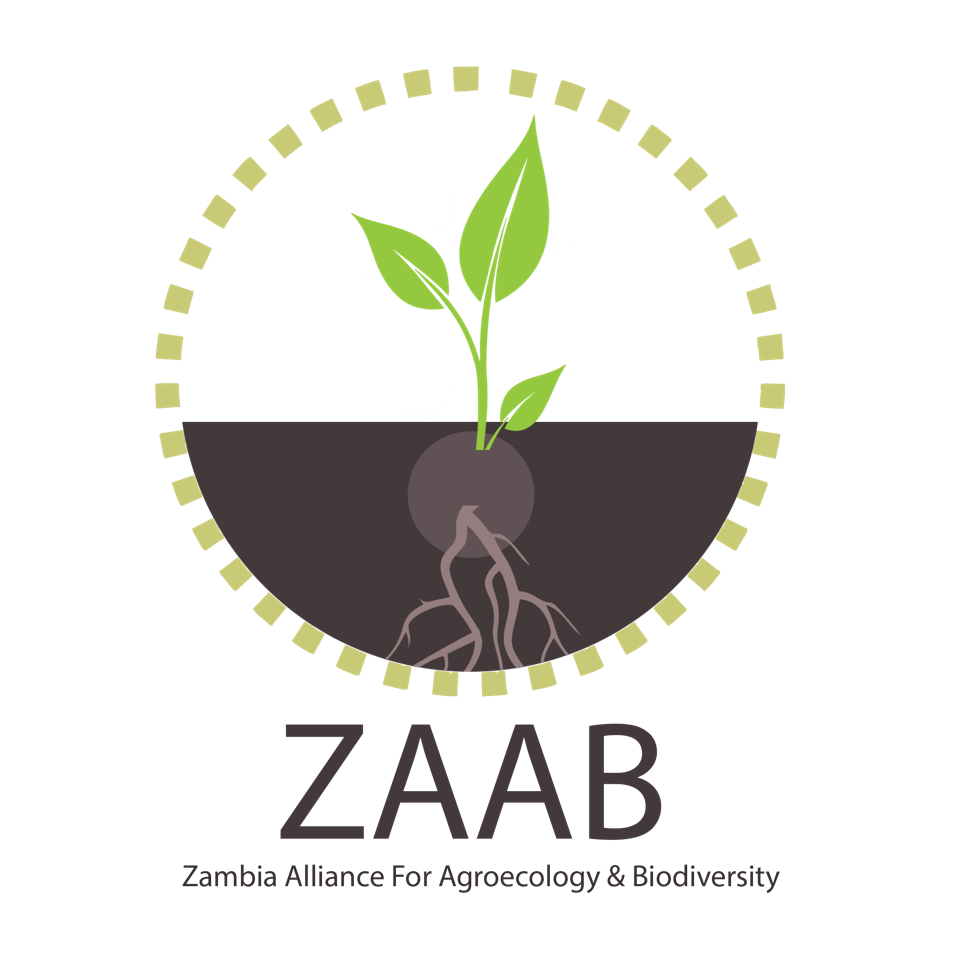
The CSOs urge the Dakar II summit participants to consider ways of eliminating land grabs from farmers, reject approaches that strengthen large seed and agribusiness companies from taking over the agriculture industry.
Instead, the CSOs suggested to leaders including Zambia’s Hakainde Hichilema to support initiatives of African small scale farmers and organizations who are fighting for food sovereignty and initiatives because this is where the cure for climate change and food sovereignty resides.

According to the latest Intergovernmental Panel on Climate Change (IPCC), climate change is mainly caused not only by increased concentrations of greenhouse gases (GHG) in the atmosphere that support extreme weather conditions in the form of excessive floods, storms, or drought and carbon dioxide (CO2) concentrations in the atmosphere but also methane (CH4), and nitrous oxide (N2O) that make the environment vulnerable whereby negatively affects agriculture and alter the way food is grown and produced.
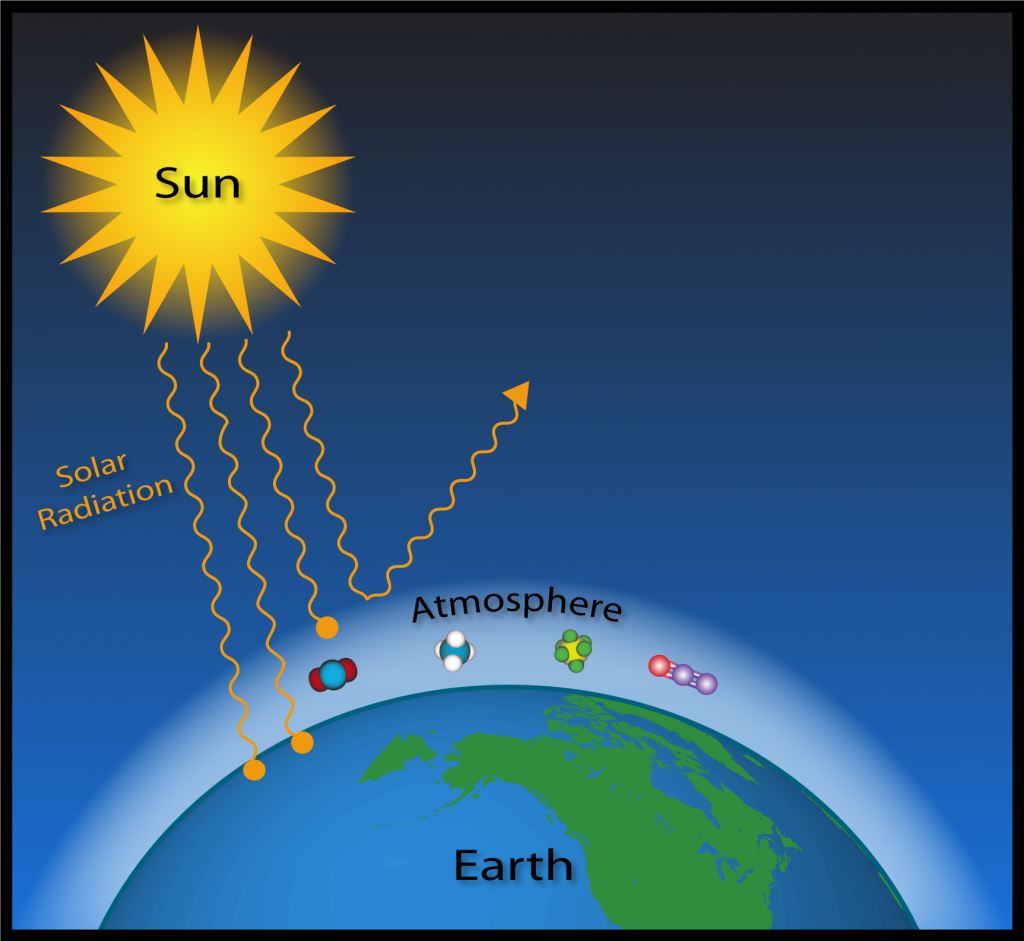
The report accessed by Zambia24 indicated that besides, fertilizer manufacturing, which releases up to 575 megatonnes, followed by refrigeration, which emits 490 megatonnes, agriculture production which is an atmospheric carbon sink and a contributor to global warming owing to high methane (CH4) emission levels provides a bigger share of GHG emissions up to 12, 000 megatonnes of carbon dioxide from the food system.
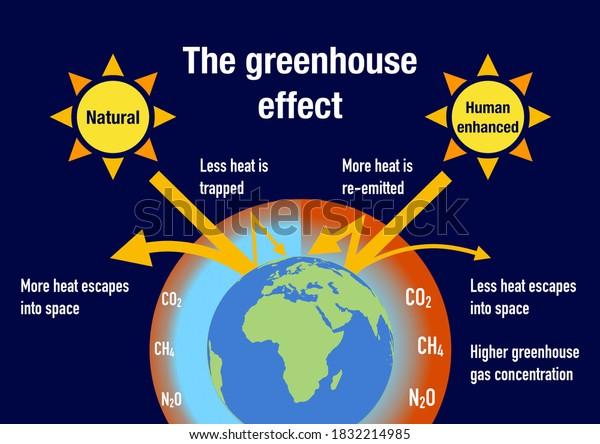
“The whole food system releases between 9,800 and 16,900 megatonnes of carbon dioxide into the atmosphere, including indirect emissions from deforestation and land-use changes which leads to climate change,” read the report in parts.
The report suggested that the soil oxidation during cultivation effectively lowers CH4 emissions and inhibits the reduction of N2O to N2 through denitrification.
Commenting on the effects of climate change on agriculture and nature, Participatory Ecological Land Use Management (PELUM) Zambia Country Director Muketoi Wamunyima told Zambia24 that industrial food production has for a long time been a leading cause of climate change resulting in an irreparable damage to the environment and necessitated food crisis in society.
He said agroecology which is the very opposite of industrial agriculture is the best alternative to provide a lasting solution to the problems of climate change in so far as it contributes to the reduction in greenhouse gas emissions.

Besides, Muketoi observed excessive use of chemicals and pesticides to promote high yield is also considered a number one emitter of GHGs that not only degrades the environment, destroying biodiversity but also cause great losses in crop and livestock production that provide economic fortune, especially to small scale farmers.
Muketoi said escalating agroecology to combat climate change and facilitate the production of clean and healthy food should be priority number one on the government agenda.
He said the initiative seeks to enhance farmers’ livelihoods and sustainably enhances not only productivity and resilience, but also reduces GHGs where possible, and enhances achievement of food security the condition required by the sustainable development goals.
The advantage of agroecology is that it not only increases soil organic matter but also reduces the use of synthetic fertilizers which is not only costly to small-scale farmers but also harmful to the environment.

And as such, Muketoi explained that agroecology does not only provides sustainable food production and enhances resilience of small-scale food producers but also keeps carbon in the ground which restores soil fertility and ensures healthy nutritious food including helping farmers to adapt to the effects of climate change.
Accordingly, Muketoi advised the Zambian government to seriously consider providing funding to agroecological practices in national adaptation plans, nationally determined contributions, climate change policies and to recognize agroecology as a key policy response to mitigate the negative effects of climate change, which has seen more and more people affected by its consequences economically, socially, and ecologically.
He also urged the government to make resources available to support agroecological practices for climate adaptation, and mitigation as a solution to climate change.
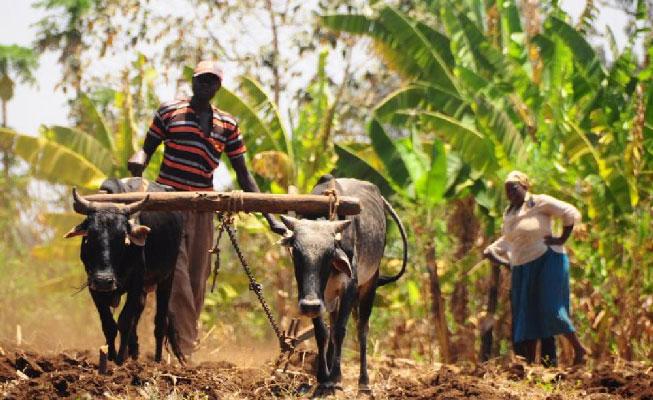
He urged the government to encourage farmers to diversify to crops like millet, beans, peas, and sorghum, as well as medicinal herbs or spices.
These crops contribute to mitigating risks of climate change and enriched diets.In the agroecological field, Muketoi explained that farmers learn skills on how to increase water retention and prevent erosion using terraced fields and targeted planting or how to build up soil fertility with compost.
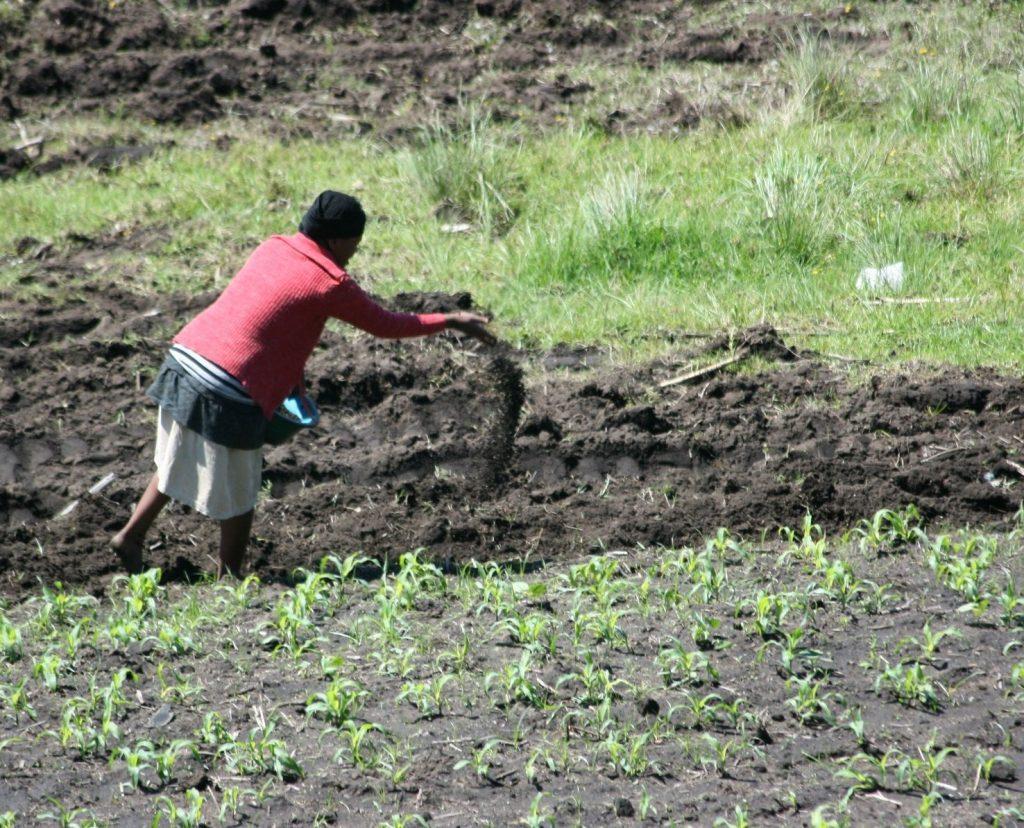
He added that through improved soil health, biodiversity, and high diversification within agricultural production systems, agroecology increases adaptive capacity to climate change and reduces the vulnerability of agroecosystems.
Hence, the use of agroecology is not only key but an active ingredient to providing sustainable and climate-resilient agriculture.

The agroecological methods can contribute to climate protection on one hand and increase the resilience of farms to climate change on the other. Muketoi stated agroecology can improve yield application and help to maintain soil fertility and reduce chemical fertilizer use and carbon sequestration in the soil.
He said that agroecology supplies nitrogen required for crop growth and increases soil organic carbon, thus maintaining soil fertility.Elsewhere around the world, Muketoi said the success factors of agroecology are improved soil health, greater biodiversity, and a high degree of crop diversification, including better networking and knowledge farmers, exchange with each other.
Commenting on the effects of climate change, Community Technology Development Trust-(CTDT) Zambia programs manager, Diana Mapulunga stressed that climate change is equally a biological disaster, in that crop and livestock disease infestations have become an important stressor for the agriculture sector causing about 9% failure of crop and livestock production.

Mapulanga told Zambia24 in a separate exclusive interview that the potential threat of disasters in this category was rendered evident in 2020 when huge swarms of desert locusts ravaged and destroyed crops and jeopardized food security.She observed that climate change disasters with deleterious consequences for food security and nutrition extend beyond the economic realm put under pressure by the outbreak of the COVID-19 pandemic which has placed an additional burden on agri-food systems exacerbating existing, systemic risks with cascading effects on livelihoods.
She said strategies to combat natural hazards and anthropogenic and biological threats, such as the COVID-19 pandemic must be based on an understanding of the systemic nature and interdependencies of risks.
Speaking in an exclusive interview, former Caritas Zambia, Executive Director, Eugene Kabalika told Zambia24 in an that in agroecological practices, farmers are encouraged to prioritize crop diversity and to plant a variety of crops to enable them harvest different crops at different times on the same farmland.
Agroecology, according to Kabilika is beneficial in terms of food security and economic empowerment to small-scale farmers and for environmental protection among communities, too.
Kabilika said Caritas Zambia, the organization he saved for many years, holds a view that agroecology does not only engage in crop husbandry but also teaches farmers how to protect farmland against soil erosion, harvest enough water for the said crops, and how to use manure as a chemical-free pesticide.
He stated that crop diversification provides better conditions for food security and enables farmers to grow surplus products for sale at markets and thus helps to obtain increased income to meet other needs related to household well-being.

“Farmers are not only encouraged to grow different crops within the same portion of land but also help them keep different types of livestock within the same farm,” said Kabilika.
Kabilika said planting cassava, sweet and Irish potatoes, beans, and vegetables like spinach, cabbage, sorghum, and fruit trees is not only helpful in securing food but also building soil biodiversity.
He said during his time at Caritas Zambia, the organization used and is still training communities to use locally available material like aloe vera, and chili pepper, which is mixed with soap to produce pesticides not only used to eliminate some pests but also to act like fertilizer.
He said the advantage of agroecology in the era when the country is faced with diverting effects of climate change is that it seeks to consider the whole picture of the environment, not just one pest that must be killed.
It tries to fit agricultural activities into existing natural cycles and complex food chains.
On the other hand, the Zambia Alliance for Agro Biodiversity (ZAAB) strongly believes in the existence of a link between cancer and to high usage of agrochemicals.
“Our agriculture is unsafe, so many people consume crops that have a high residual level of chemicals and even meat and milk that is consumed may contain high residual levels of chemicals that are harmful to humans to life,” National Coordinator, Mutinta Nketani told Zambia24, in an exclusive telephone interview in Lusaka.

Nketani said that agroecology is proving to be a game-changer with more farmers now embracing it for maximum yields, food security, and economic benefits.
She added that arid and semi-arid areas can also be turned into a goldmine by this system of farming.
The Zambia Climate Change Network (ZCCN) called for a holistic response and cross-sectoral collaboration to fight the climate change-related disaster which has led to crop production failure resulting in economic losses.
Simon Mwamba advised the government to adopt not only a multi-hazard but also a multi-sectoral systemic risk management approach to anticipate, prevent, prepare for and respond to disaster risk in agriculture. Additionally, he stressed that there is need for efficient governance that promotes public-private partnerships to address the urgent need for investment in reducing agriculture’s susceptibility to disasters and climate change.
He urged to encourage smart agriculture coupled with stronger disaster risk reduction policies and intensified efforts to build resilience to the adverse impacts of climate change to ensure sustainable food security. He stressed that it is essential to have access to reliable and specific climate information to assess climate impacts and design robust adaptation strategies.
“Innovations, including, investing in resilience and disaster risk reduction, especially data gathering and analysis for evidence-informed action, and geospatial information gathering is a powerful new assessment and data gathering tool that can be used to reduce disaster risks in agriculture and are of paramount importance to ensure agriculture’s crucial role in achieving a sustainable future,” he said.
Similarly, an Agricultural Scientist at Kasisi Agriculture Training College (KATC) told Zambia24 in an exclusive telephone interview that of late climate change has increased weather variability and enlarged the vulnerability of already susceptible agriculture, including those that are already warm and prone to drought.
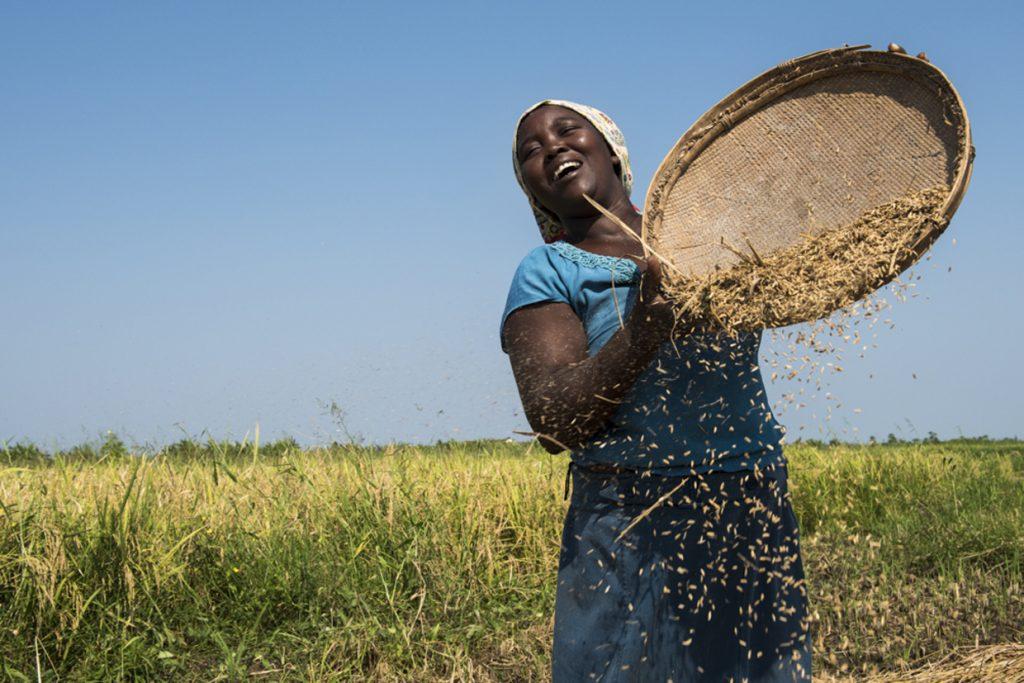
Chilala authoritatively said using green manures for fertilization instead of synthetic fertilizers is a classical organic method.
He explained that farmers are taught not only to grow green manures but use them because of their capacity to regenerate and bring back the seemingly dead soil.
What this means for people facing food shortages and drought due to climate change is even more dramatic.
Green manures are usually slashed two to three weeks before sowing the main crop and ideally before or at the flowering stage when they have accumulated a maximum of nitrogen. They are worked into the topsoil to decay and feed a subsequent crop with their nutrients.
For those who aspire to practice agroecology on their farms, the land has to be redesigned and planned accordingly.
Farmers are encouraged to do zoning of farms where they should have; zone-zero, where one has a compound that has a house and a parking space, and a place for relaxing especially for visitors.
One may also have a livestock shed where animals are kept, and establish a kitchen garden for vegetables behind the kitchen.
Have a food forest where various fruit trees with different maturing periods can grow in addition to water harvesting structures.
One may also have a free-area zone within the main farm where no crops are planted. This is significant to allow for soil regeneration.
In Agroecology, farmers who wish to engage in charcoal burning are encouraged to use tree branches as opposed to cutting down trees.Soil erosion is prevented by planting crops along the trenches as well as planting leafy trees that can help to break winds that would otherwise destroy other crops on the farm.
Chilala observed that agriculture strongly depends on the weather but was quick to suggest that any slight change in weather patterns could worsen its vulnerability.
He said that changes in rainfall patterns in some parts of the country, and with it associated crop calendars and the timing of management activities become fatal to food production.
He said adaptation is essential to make existing agricultural systems resilient against climatic change and extreme weather events and to maximize agricultural yield.
And a report produced by the Food and Agriculture Organization (FAO) identified climate change (which manifests itself not only in increased frequency and intense extreme weather disasters like floods, storms, and droughts) as the single greatest lead culprit behind the devastating effect on food insecurity and environmental distress causing high levels of discomfort, anxiety, and aggression in societies across the globe.
The FAO report accessed by Zambia24 observed that agroecology can act as a possible mitigation strategy against the devastating effect of climate change that has continued to significantly ravage food security and other social issues.
And according to the same report, the damage climate change is causing to the agricultural sector is detrimental to the livelihoods of smallholder and subsistence farmers, pastoralists, and people that ply their trade as fishermen.
This has pushed families and communities into deeper distress.The report added disaster impact is not only pervasive but also requires immediate efforts to better access and understand its dynamics, so that it may be reduced and managed in integrated and innovative ways
